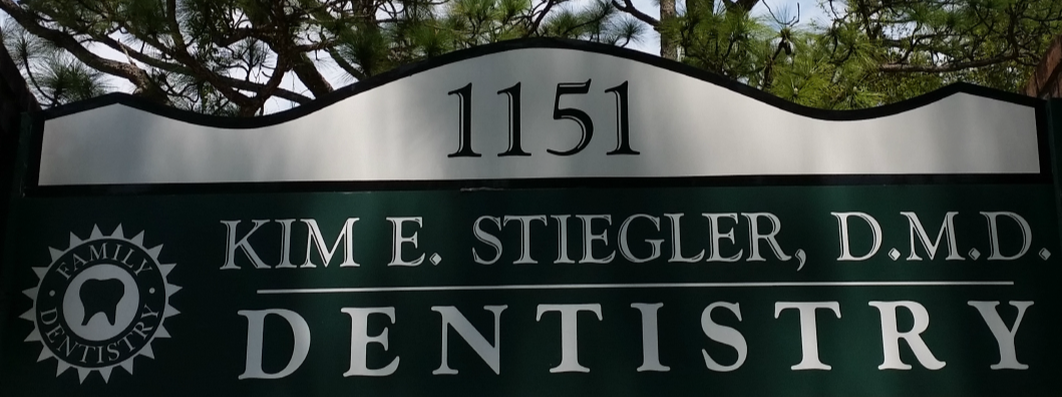Application of a light or laser does not speed or increase the bleaching of teeth beyond the use of bleaching chemicals alone. The active ingredient in most teeth bleaching products is Hydrogen Peroxide. Over the counter products (OTC) generally contain lower concentrations of bleaching agents and may take longer to achieve results. Professional products that are applied in a Dental Office can contain higher concentrations of Hydrogen Peroxide which may require professional supervision and protection of gingiva (gums) and mucosa from irritation and burn of the stronger peroxide agents. Professional Products work faster but may cause more tooth sensitivity than weaker concentrations of bleach. The application of a light or heat does not appear to enhance the overall bleaching effect. Take home professional products with the use of custom made trays can achieve quicker results than over the counter products and the bleaching agents can be applied more effectively to the target teeth to be lightened. It is important to have your teeth examined by a Dentist before considering bleaching by any method. The Dentist can advise you if have any Dental Disease that should be corrected prior to bleaching and if your teeth are a good candidate for bleaching. Dental restorations will not bleach with Hydrogen Peroxide so you need to discuss with your Dentist whether these restorations should be replaced after bleaching to match the lighter shade of your teeth. When you receive a Professional Bleach in Office and your teeth are isolated and exposed to bleach you may notice an immediate whitening effect from dehydration of the teeth which may reverse when the teeth re-hydrate over the next couple of weeks. So the real bleaching effect can not be measured until this happens. Also it is important to not have any bonded restorations placed for at least a couple of weeks after bleaching to prevent inhibition of the set of the bonding agents by oxygen from the bleaching agents and you also want the shade to be an accurate match. Discuss with your Dentist if you have been bleaching your teeth before you have any restorative treatment performed.
|
When I need someone to repair my car, I use a mechanic that was recommended by a friend of mine 30 years ago. My mechanic does not advertise on TV, he does not offer coupons for discount services and his fees are not the lowest in town. I never feel like he is trying to sell me work that I don't want nor need and I trust that he will only repair what needs to be repaired and he will fix it the "RIGHT" way! I hope that our patients feel this way about our dental practice because we strive to always do things the "RIGHT" way.
When I started my career as a Dentist in the early 1980's, Dental Insurance was a relatively new concept, advertising by Dentists was restricted and most new graduates would enter private practice as a sole practitioner or as an associate in an established Dental Practice. The cost of Dental Care was only increasing at a rate similar to the rate of the Consumer Price Index, Dental Insurance had an average yearly Maximum Compensation of about $1000.00 and patients could use their insurance to receive care from any Dentist with very few restrictions.
Today, Insurance Companies have a significant influence on the delivery of Dental Care and pressures from the Federal Trade Commission have led to removal of restrictions on advertising by Dental Practices. Dentists are now graduating from Dental School with hundreds of thousands of dollars in debt which makes it very difficult for new Dentists to afford the costs of getting started in a traditional Dental Practice. Large Corporate owned Dental Chains are opening in many areas and capitalizing on aggressive marketing and hiring new Dental School Graduates as employees who are paid a percentage of their production. Most Dental Insurance now requires patients to choose from a limited list of contract Dentists who have agreed to provide discounted care. While Dental Insurance premiums have increased substantially, the maximum yearly compensation of most Dental Plans has not increased since the 1980's yet the cost of Health Care has increased at a rate that exceeds overall inflation. People generally purchase Insurance to minimize risk of unexpected large expenditures but most Dental Insurance covers only a few routine services after the policy holder pays substantial deductibles and co-payments. Ironically large dental costs are paid entirely by the patient after the low yearly insurance maximums are reached. Some important questions that need to be answered include: How does all of this affect the Delivery of Dental Care? Does Dental Insurance, with access to providers limited to only contracted (PPO) Dentists with Discounted Fees, encourage quality care for the policy holders? How do Corporate Owned Dental Chains affect the Dentist-Patient relationship? Do production incentives increase the potential for aggressive treatment? Is a traditional preventive care oriented practice a better model to deliver conservative cost effective care? |

 RSS Feed
RSS Feed